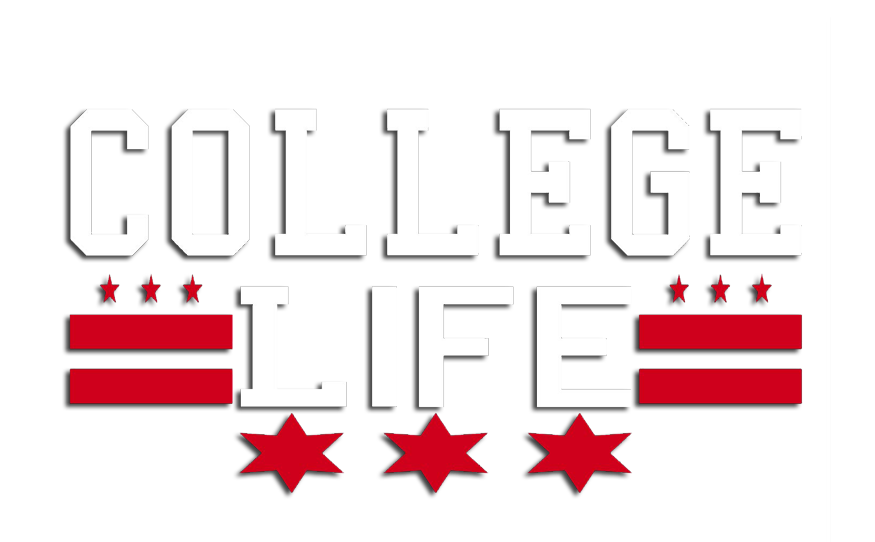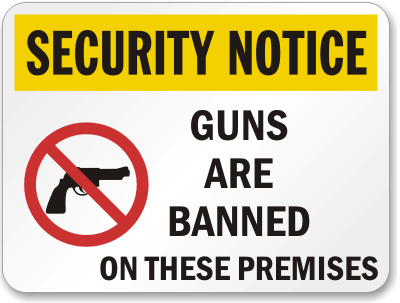The University of Colorado announced in August that it would ban firearms in dorms, but would also create a segregated residential area for students who are concealed-carry permit holders. Now more than three months after the rule change no students have asked to live in the segregated residential area that allows guns on the Boulder or Colorado Springs campuses, The Denver Post reports.
Why that is, exactly, isn’t clear and could range from a small number of permit holders on campus that also live in dorms to students that are concealed-carry permit holders not wanting to live in an area that basically shines a spotlight on the fact that they have firearms in their dorm room and might feel that the new rule violates their rights.
The University of Colorado announced the change to students’ housing contracts for the Boulder and Colorado Springs campuses on August 16. The new rule states that students who hold a Colorado concealed-carry permit can no longer keep a handgun in the dorms and could be asked to relocate to a university apartment or a residential area set aside for concealed-carry permit holders over the age of 21. If the student is found with a firearm in their dorm room, they may be released from their residence hall contract, according to a press release from University of Colorado Boulder.
The new rule also prevents concealed-carry permit holders from bringing a gun to any event at Folsom Field or ticketed performance venue. The university is treating the purchase of a ticket to a CU public performance as an agreement with the university to not carry a concealed weapon, even as a valid permit holder, into the venue.
The amended CU contract also requires permit holders to store their gun in a safe in their home when the gun is not being carried.
The same rules apply for university employees.
Colorado law requires concealed-carry permit holders to be at least 21 years of age, complete an FBI background check and to show proof of a completed a firearms training course or to have had previous police or military experience.
“I believe we have taken responsible steps to adhere to the ruling of the Colorado Supreme Court, while balancing that with the priority of providing a safe environment for our students, faculty and staff,” CU-Boulder Chancellor Philip P. DiStefano said in a statement in August.
The decision from CU came in the wake of a the Colorado Supreme Court ruling in March that overturned a CU campus gun ban and allowed students and employees to legally carry licensed concealed guns on campus. The prohibition, the Court ruled, was illegal because it was not approved by the Legislature.
James Manley, an attorney for the Mountain States Legal Foundation — a nonprofit legal foundation “dedicated to individual liberty, limited ethical government and free enterprise,” according to their website — who argued against CU’s original gun ban told The Denver Post that, “The position of the Supreme Court was that [CU Regents] were operating above the law.”
The university had been working toward a new policy since the Supreme Court overturned the original ban and CU believes that their new approach only affects a very small number of individuals. From their press release:
An analysis by the University of Colorado shows that 0.6 percent of the faculty, staff and students on campus possess a [concealed-carry permit] CCP. A full 96 percent of CU-Boulder undergraduate students living in the residence halls are under the age of 21, and are thus ineligible to have a CCP. Of the 4 percent of eligible students, about half living on campus are CU Resident Advisers, or “RAs,” who as CU employees would not be permitted to live in undergraduate halls and possess a CCP.
CU’s controversial stance on firearms on campus and the equally controversial overturning of that stance by the state Supreme Court was at the center of an accidental shooting on the University of Colorado Anschutz Medical campus earlier this month. The Daily Camera reported that Mary Loeb, 49, accidentally shot a co-worker with a .22-caliber revolver as she was showing her co-worker how the gun worked on campus. Loeb had dismantled the gun and when she attempted to rebuild it, the gun jammed and discharged as Loeb tried to unjam the gun. Loeb is no longer employed by the university.








